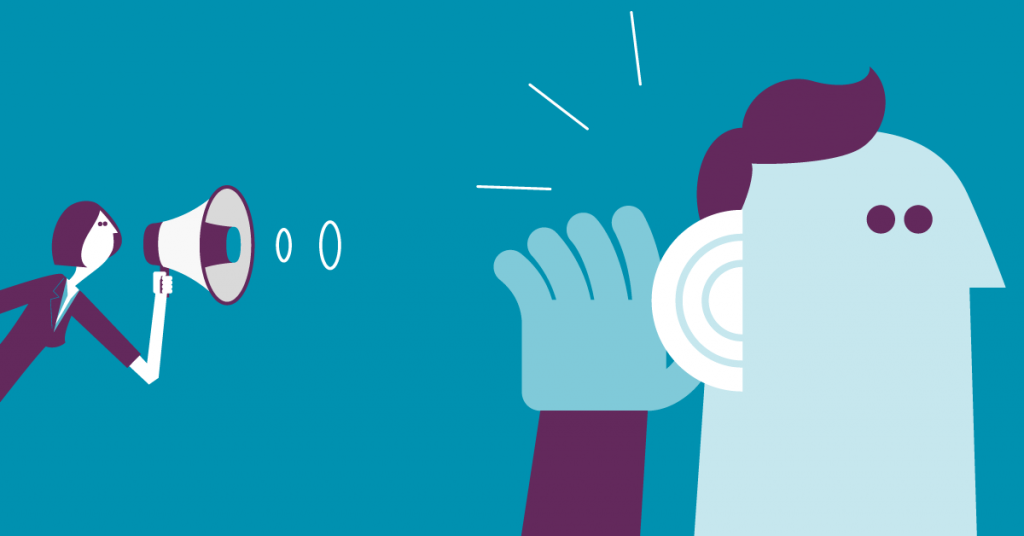It takes a lot to impress English TV personality, entrepreneur and record executive Simon Cowell, the notoriously critical judge on America’s Got Talent. But Mandy Harvey, a deaf singer and songwriter, did just that when she sang an original song called “Try,” earning a Golden Buzzer from Cowell. Harvey has a disease called Ehlers-Danlos syndrome, a group of hereditary connective tissue disorders that caused her to lose her hearing over the course of her childhood. The award-winning singer, who started singing at age 4, was able to get back to singing after she lost her hearing with muscle memory and visual tuners.
Harvey experienced sensorineural hearing loss, one of the three basic types of hearing loss. The other two are conductive hearing loss and mixed hearing loss.
1. Sensorineural hearing loss
In sensorineural hearing loss, the inner ear or the auditory nerve is damaged, so nerve signals cannot effectively reach the brain. Consequently, this type of hearing loss is not usually treatable by medicine or surgery. Hearing aids, however, can help. Sensorineural hearing loss is the most common type of hearing loss, largely due to the various potential causes of the condition such as aging, exposure to loud noises, heredity, illness, medications or head trauma. Almost half the people in the United States older than age 65 have some degree of hearing loss.
Children can be born with sensorineural hearing loss. If that’s the case, it is most often due to a genetic syndrome. Infections such as toxoplasmosis, rubella or herpes in the mother can also pass to the fetus and cause hearing loss. For people who experience sensorineural hearing loss later in life, the most common causes are normal aging and exposure to loud noises. Less common causes include heart disease, diabetes, cancer of the inner ear, traumatic brain injuries, autoimmune diseases, etc.
Sensorineural hearing loss affects both the loudness and the clarity of sounds. Many people say they have the feeling they can hear but just not understand what a person is saying. This can lead to challenges following a conversation when multiple people are talking.
2. Conductive hearing loss
In order to hear, sound waves need to be carried from the outer and middle ear into the inner ear. When that process cannot occur, it leads to conductive hearing loss. There are a number of different reasons why the sound is blocked. Earwax or a foreign object might be in the ear canal, or the middle ear space might be filled with fluid. The eardrum could be injured. Or there could be an infection or bone abnormality affecting the middle ear function. Unlike sensorineural hearing loss, conductive hearing loss may be reversed through medical or surgical intervention.
Conductive hearing loss is most common in children who are more likely than adults to experience ear infections and to put foreign objects in their ears.
With conductive hearing loss, most people experience a challenge with loudness, not clarity, of sounds. So turning up the volume helps them hear better. With this type of hearing loss, people might experience pain or feel pressure in one or both ears, find it easier to hear out of one ear or the other or smell a foul odor coming from the ear canal.
3. Mixed hearing loss
With mixed hearing loss, people experience a combination of sensorineural and conductive hearing loss at the same time. This type of hearing loss involves multiple parts of the ear and commonly occurs when the ear undergoes trauma of some sort like a blast. Mixed hearing loss might also occur when someone who has long been affected by conductive hearing loss loses their ability to hear as they age. Or, if an aging person experiencing hearing loss is also having an issue with earwax buildup, they would have what’s considered to be mixed hearing loss, even if temporarily.
When to see a doctor
Losing your hearing is often challenging. When Harvey finally lost her hearing at 18, she experienced depression and wanted to give up. But she was able to find her way back to singing. Her golden-buzzer-earning song, “Try,” tells the story of her “finding her place again.”
If difficulty hearing is interfering with what you love to do, talk to your doctor. Schedule an appointment with Oakdale ENT, or call us anytime at 763-233-5755.
